Update domestic coffee prices
Survey shows that today's coffee price in the Central Highlands region fluctuates between 113,700 - 114,500 VND/kg.
In Lam Dong , coffee prices were adjusted slightly by traders by 200 VND/kg, to 113,700 VND/kg.
Meanwhile, other localities generally remained stable. Specifically, Dak Lak and Dak Nong continued to purchase at 114,500 VND/kg, Gia Lai reached 114,000 VND/kg.
| Market | Medium | Change from yesterday |
| Dak Lak | 114,500 | - |
| Lam Dong | 113,700 | +200 |
| Gia Lai | 114,000 | - |
| Dak Nong | 114,500 | - |
| USD/VND exchange rate | 26,116 | - |
Update world coffee prices
At the close of trading on October 21, the price of the online Robusta coffee contract for November 2025 delivery on the London Stock Exchange increased by 1.64% (74 USD/ton) compared to the previous trading session, reaching 4,590 USD/ton. The contract for January 2026 delivery increased by 1.66% (74 USD/ton), reaching 4,538 USD/ton.
Similarly, on the New York Stock Exchange, the price of Arabica coffee futures for December 2025 delivery continued to increase by 0.95% (3.85 US cents/pound) compared to the previous session, to 409.9 US cents/pound. The contract for March 2026 delivery increased by 0.98% (3.75 US cents/pound), reaching 387.05 US cents/pound.
In key raw material areas, domestic green coffee prices are fluctuating from 113,500 - 116,600 VND/kg, lowest in Lam Dong and highest in Dak Lak. For fresh Robusta coffee, the current common price is 20,000 - 24,000 VND/kg, depending on quality and purchasing area.
Compared to the previous crop year, Robusta coffee prices have surpassed Arabica, and this scenario may repeat itself this year when the US imposes a 20% reciprocal tax on Vietnamese coffee. Brazil is subject to a heavier tax of up to 50%. These fluctuations are strongly affecting the global coffee price market.
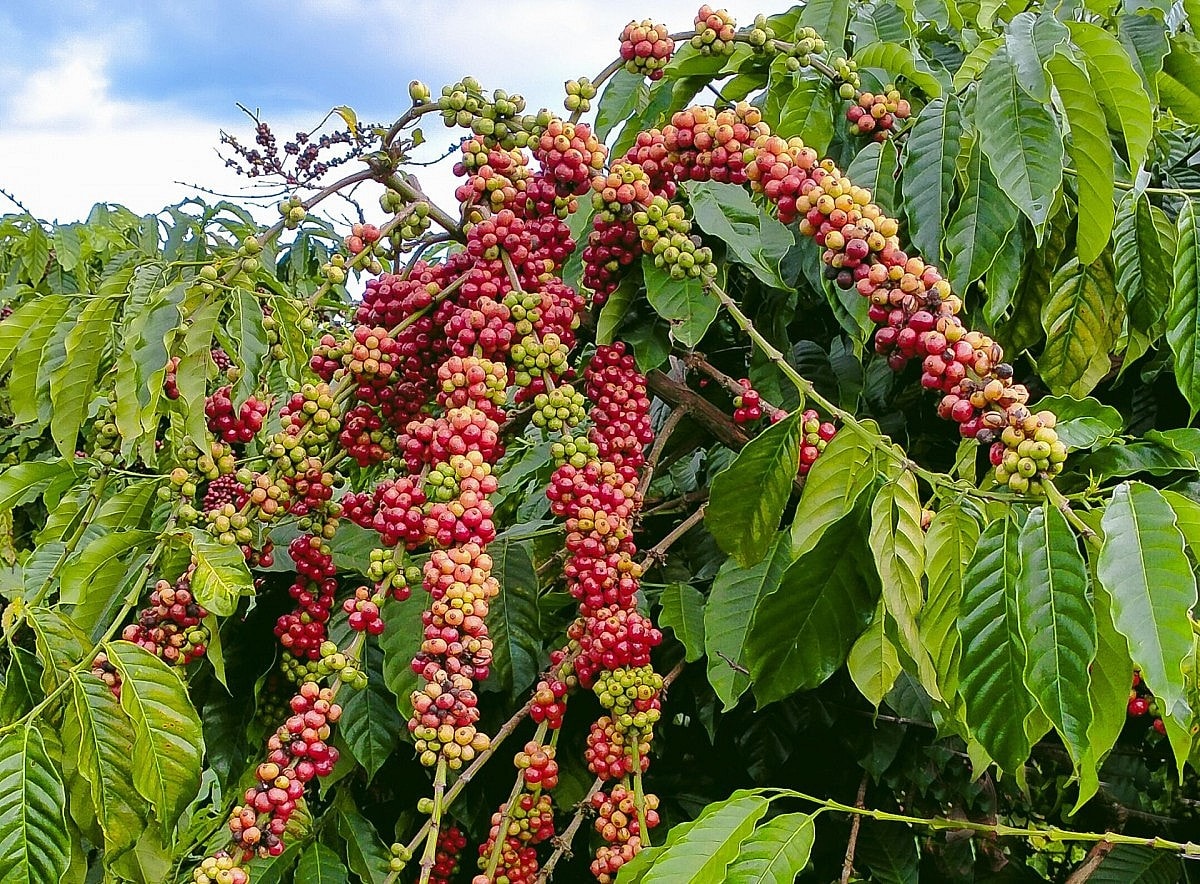
According to the National Coffee Association of the United States, retail coffee prices in the country increased by nearly 21% in August compared to the same period last year. One of the main reasons is the tariff policy of President Donald Trump.
Since July, Brazil has been hit with the highest tariff of 50%. Vietnam and Colombia, two other major coffee producers, have been hit with tariffs of 20% and 10%, respectively. Since the US imports more than 99% of the coffee it consumes, mainly from these three countries, coffee prices in the US market have been significantly affected.
According to the UN Comtrade database, Brazil accounts for 30.7% of total US coffee imports, Colombia 18.3% and Vietnam 6.6%. This heavy dependence on supply makes US coffee prices vulnerable to policy changes.
CNN reports that coffee prices in American restaurants are also rising rapidly. Data from Toast shows that the average price of a cup of coffee in the US has reached $3.52, up $0.10 from the same period last year. In Washington DC, the price of hot coffee is $4.21, and cold coffee is up to $5.35.
Roasting chains like Swing's Coffee Roasters say they're facing much higher costs. Owner Mark Warmuth says tariffs, combined with environmental and labor costs, are pushing coffee prices to record levels.
While the cost of importing coffee beans could increase by 50%, retail prices for consumers would increase more modestly, by about $0.10 to $0.15 per cup.
Many small businesses in the U.S. are struggling with volatile coffee prices. Chris Vigilante, owner of Vigilante Coffee Company, said the average price per pound of imported coffee has risen from $4 to $6. A 12-ounce bag of beans can cost $1 more.
Meanwhile, Doug Ilg, owner of Celtic Cup Coffee Roasting in Maryland, has stopped importing Brazilian coffee because of the high tariffs. He said customers are now paying about $0.63 a pound more than they were at the beginning of the year. This has caused input costs to soar, forcing many small businesses to reconsider staying in business.
Faced with rising coffee prices, some US lawmakers are proposing to exempt imported coffee products from tariffs. Representatives Don Bacon and Ro Khanna have jointly introduced a bill to ease the burden on consumers and small businesses.
Source: https://baonghean.vn/gia-ca-phe-hom-nay-22-10-2025-thue-quan-khien-gia-ca-phe-my-tang-manh-10308636.html



![[Photo] Da Nang residents "hunt for photos" of big waves at the mouth of the Han River](https://vphoto.vietnam.vn/thumb/1200x675/vietnam/resource/IMAGE/2025/10/21/1761043632309_ndo_br_11-jpg.webp)


![[Photo] Prime Minister Pham Minh Chinh received Mr. Yamamoto Ichita, Governor of Gunma Province (Japan)](https://vphoto.vietnam.vn/thumb/1200x675/vietnam/resource/IMAGE/2025/10/21/1761032833411_dsc-8867-jpg.webp)



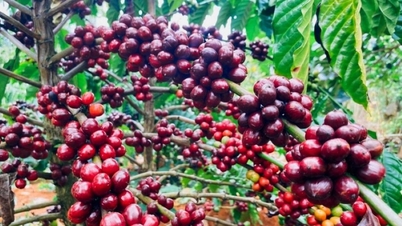

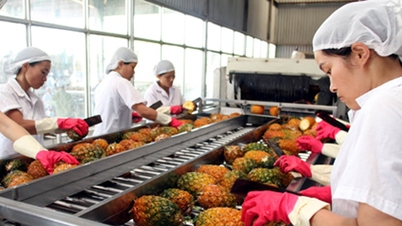
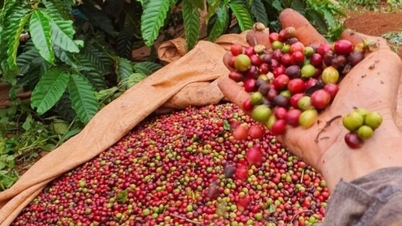
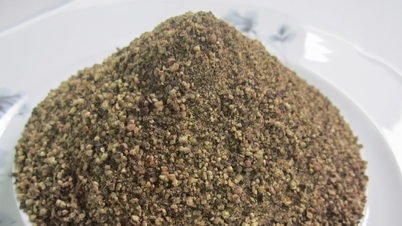

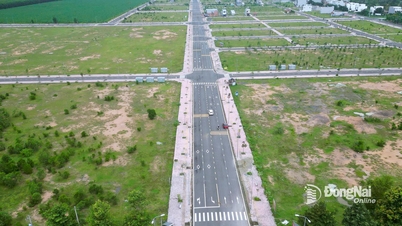














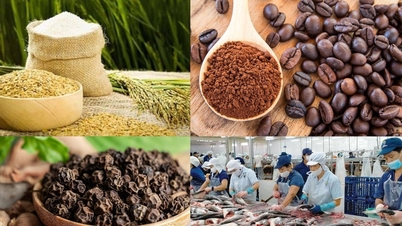
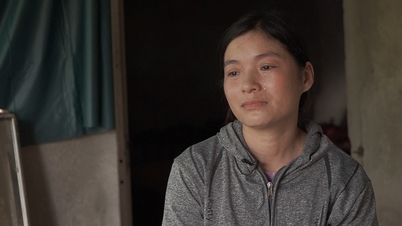


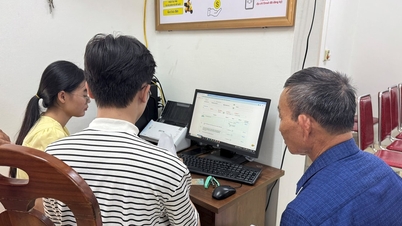

![[Photo] Prime Minister Pham Minh Chinh meets with Speaker of the Hungarian National Assembly Kover Laszlo](https://vphoto.vietnam.vn/thumb/1200x675/vietnam/resource/IMAGE/2025/10/20/1760970413415_dsc-8111-jpg.webp)













































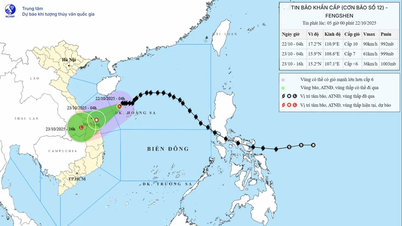



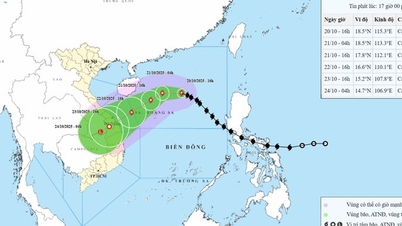






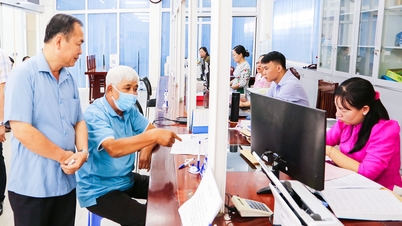



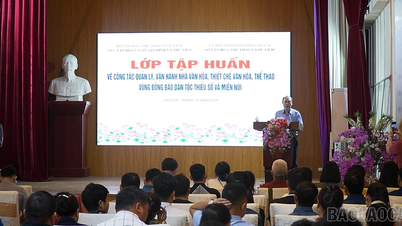


















Comment (0)